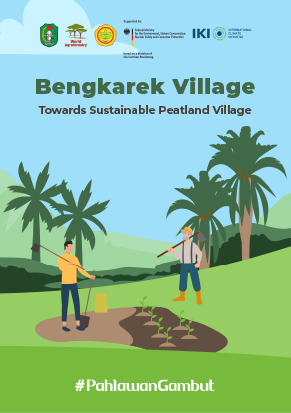Soil biodiversity constitutes an important part of the terrestrial food web and plays a major role in sustainable agriculture. However, the wider benefits of soil biodiversity have been largely ignored by traditional and conventional agriculture in Africa. This work synthesizes the current state of knowledge and highlights the unique challenges to management of soil biodiversity in African agriculture. The role of soil biodiversity in integrated pest management (IPM), maintenance of soil fertility and rehabilitation of degraded land is demonstrated. The analysis provides evidence supporting the hypothesis that agricultural intensification negatively impacts on soil biodiversity and ecosystem functions. Recognition of the role of soil biodiversity in agricultural and educational policies and adoption of multi-sectoral approaches could improve its sustainable management in Africa.
DOI:
https://doi.org/10.1080/14888386.2008.9712886
Score Altmetric:
Dimensions Nombre de citations:



















